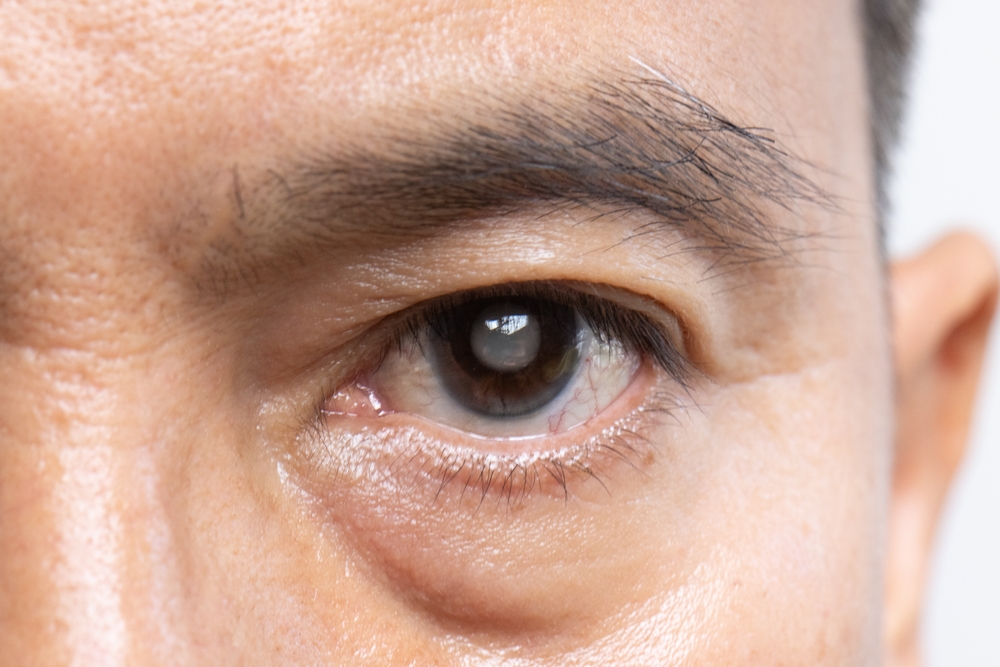
Glaucoma is often called the "silent thief of sight" for a reason—it typically shows no symptoms in its early stages, yet it can lead to irreversible vision loss if left untreated. At Kibo Eyecare, we believe that regular eye exams are your best defense against glaucoma and other vision-threatening conditions.
What Is Glaucoma?
Glaucoma refers to a group of eye conditions that damage the optic nerve, the critical link between your eyes and brain. This damage is often caused by increased pressure inside the eye, also known as intraocular pressure. Over time, untreated glaucoma can result in peripheral vision loss and, eventually, blindness.
There are several types of glaucoma, including:
Primary Open-Angle Glaucoma: The most common type, progressing slowly over time.
Angle-Closure Glaucoma: A less common but more acute form, which can cause sudden vision loss.
Normal-Tension Glaucoma: Occurs even when eye pressure is within normal ranges, suggesting other risk factors like poor blood flow to the optic nerve.
Why Regular Eye Exams Are Essential
The early stages of glaucoma rarely present noticeable symptoms. You may not experience pain, discomfort, or vision changes until significant damage has occurred. This is why regular, comprehensive eye exams are crucial. Through advanced diagnostic tools, your optometrist can detect signs of glaucoma well before you notice any changes in your vision.
Here’s how eye exams help with early detection:
Intraocular Pressure Testing: Measures the pressure within your eye to identify elevated levels.
Optic Nerve Evaluation: Assesses the health and structure of your optic nerve using imaging technology.
Visual Field Testing: Detects peripheral vision loss, one of the earliest signs of glaucoma.
Who Is at Risk for Glaucoma?
While glaucoma can affect anyone, certain groups are at higher risk:
Individuals over 60 years old
Those with a family history of glaucoma
African Americans and Hispanics, who are more likely to develop the condition
People with medical conditions like diabetes or high blood pressure
Individuals with a history of severe eye injury or prolonged use of steroid medications
If you fall into any of these categories, regular eye exams are even more critical.
Preventing Vision Loss
Early detection of glaucoma allows for effective management strategies that can slow or halt its progression. Common treatments include:
Prescription eye drops to reduce intraocular pressure
Laser therapy to improve fluid drainage
Surgical procedures for advanced cases
When caught early, these interventions can help preserve your vision and maintain your quality of life.
Schedule Your Glaucoma Screening with Kibo Eyecare Today
Glaucoma is a serious condition that can silently rob you of your vision if left undetected. Regular eye exams are not just routine checkups—they are an essential step in safeguarding your eye health and detecting glaucoma early, when treatment is most effective. Our state-of-the-art technology and expertise ensure that we can detect and manage glaucoma at the earliest possible stage.
Don’t wait for symptoms of glaucoma to appear, schedule your next eye exam with Kibo Eyecare and take a vital step toward protecting your vision for years to come. Visit our office in Glastonbury, Connecticut, or call (860) 659-5900 to book an appointment today.







